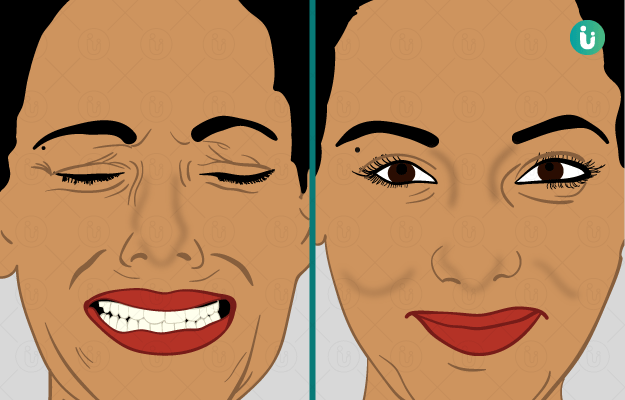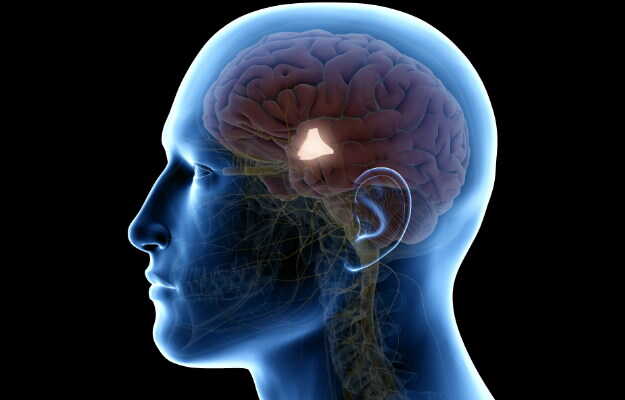Personality disorders are a group of mental disorders that impair thinking by introducing unhealthy, long-term patterns of behaviour that are different from those of an average person. People with personality disorders may not get along with other people or have difficulty in dealing with them in general.
Some of the characteristics of people with personality disorders involve being inflexible in their thoughts, resistant to change in life, and have trouble relating to other people and their situations or emotions. These characteristics can create hurdles for them in their personal or professional relationships, or while performing various social activities as well as difficulty in dealing with different situations.
Read more: Mental illness
A study published in the International Journal of Social Psychiatry in 2010 put the prevalence of personality disorders in north India at about 1.07%—of these, about 69.4% were 21-40 years old. These types of disorders were also more common among men (64.9%), employees (37.3%), students (32.8%), particularly graduates and undergraduates, and unmarried people (56%).
Data from America's National Comorbidity Survey Replication found a 9.1% prevalence of any type of personality disorders in the United States, and the figure was about 1.4% for borderline personality disorder, although sex and race did not emerge as factors in this.
Not only are personality disorders of varying types, but they also differ in how they affect a person's quality of life—many people may not even realise they have a personality disorder. Unusual patterns of thought may come naturally to some, which may seem natural to them, followed by several other personality traits.
While there isn't a definitive reason as to why personality disorders affect some people, genetic predisposition, social and environmental factors as well as traumatic incidents from childhood or while growing up are known to play an important role in the development of these conditions.
Read more: Psychosis
A trained psychiatrist can accurately diagnose the specific condition, based on feedback and responses from the patient.

 Doctors for Personality disorders
Doctors for Personality disorders 





































